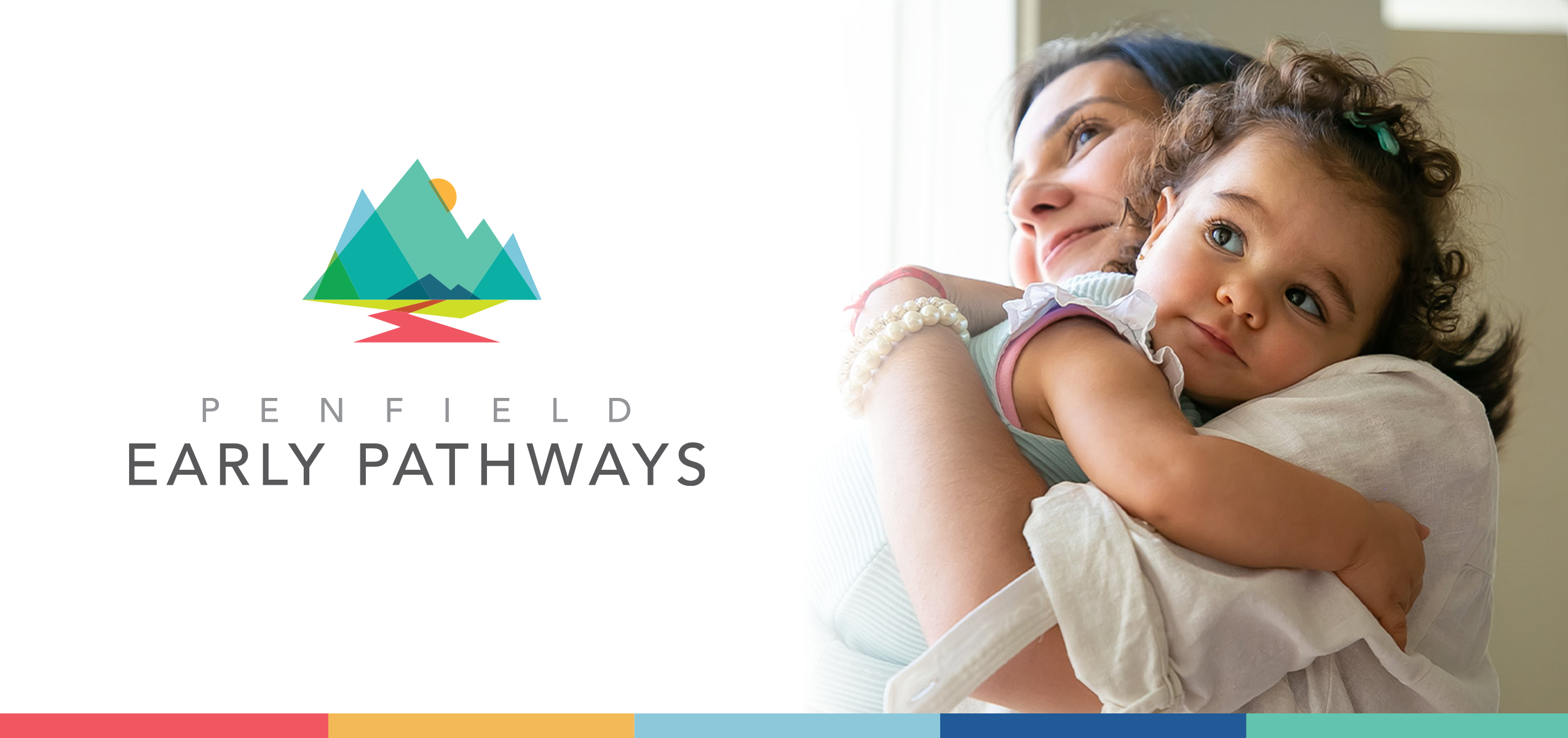
Penfield Early Pathways
The Early Pathways treatment model addresses challenging behaviors that occur normally in early childhood as well as those that happen more often than expected. The model also includes adaptations on components for children who have experienced stress or trauma, and additional components to treat stress- and trauma-related symptoms.
Early Pathways Certification
This training is designed for mental health practitioners in the Early Pathways treatment model. At the end of the program, participants will have a thorough knowledge of the treatment components, assessments, and skills within the model. Participants will then participate in a consultation as they implement the Early Pathways Program with clients. By the end of the consultation process, participants will be eligible for certification as an Early Pathways practitioner.
Intended Audience
Mental health counseling professionals (Master’s or Doctorate level practitioners) or students currently enrolled in Master’s or Doctorate programs for mental health.
The purpose of this training is to certify practitioners who will be using the treatment program with clients in a mental health setting.

Contact us about training

About Early Pathways
This program began with Dr. Robert Fox, a clinical psychologist, and his wife Theresa Fox, MEd. a teaching educator, who saw a need for early intervention in their community. The program has grown through research in partnership with Marquette University since the 1990’s, and continues to adapt to the needs experienced by families of young children.
Early Pathways (EP) targets behavioral, emotional and stress related concerns in young children. This model relies on the caregiver-child relationship as an agent of change, and therefore requires caregiver participation. A coaching method is utilized by the EP practitioner to provide the caregiver with tools to respond effectively to the child’s concerns outside of the therapy appointment. Some work occurs directly with the child, particularly for stress and trauma related concerns, however the caregiver is involved every step of the way. Originally designed and researched as an in-home treatment model, EP can be adapted for use in clinic and residential treatment settings.
Child & Caregiver Therapy Program
Early childhood is a critical period of development that sets the stage for a child’s future. Many toddlers and preschoolers need specialized interventions to set them on a positive early pathway. Early Pathways is a therapy program that works with both the caregiver and the child on behavioral and emotional concerns.
This model was developed through research to work with a wide range of families from diverse cultural backgrounds and family structures. Families working with Early Pathways for their child will learn skills to reduce concerns and strengthen the child’s positive functioning. Mental health professionals can be trained and certified to implement Early Pathways in clinics or in-home settings with children ages 0-6 years.




